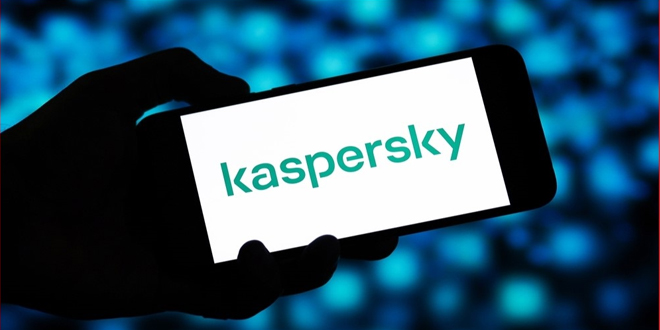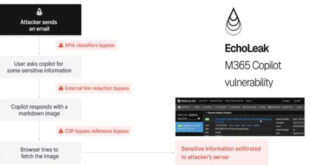On February 21, the Australian Department of Home Affairs issued a directive prohibiting the installation of Kaspersky Lab products and services on all Australian government systems and devices.
The directive under the protective security policy framework (PSPF) mandates federal entities to eliminate “all instances” of Kaspersky’s products.
By infosecbulletin
/ Wednesday , June 18 2025
Russian cybersecurity experts discovered the first local data theft attacks using a modified version of legitimate near field communication (NFC)...
Read More
By infosecbulletin
/ Tuesday , June 17 2025
Cybersecurity researcher Jeremiah Fowler discovered an unsecured database with 170,360 records belonging to a real estate company. It contained personal...
Read More
By infosecbulletin
/ Tuesday , June 17 2025
GreyNoise found attempts to exploit CVE-2023-28771, a vulnerability in Zyxel's IKE affecting UDP port 500. The attack centers around CVE-2023-28771,...
Read More
By infosecbulletin
/ Tuesday , June 17 2025
The U.S. Cybersecurity and Infrastructure Security Agency (CISA) has recently included two high-risk vulnerabilities in its Known Exploited Vulnerabilities (KEV)...
Read More
By infosecbulletin
/ Monday , June 16 2025
SafetyDetectives’ Cybersecurity Team discovered a public post on a clear web forum in which a threat actor claimed to have...
Read More
By infosecbulletin
/ Sunday , June 15 2025
WestJet, Canada's second-largest airline, is looking into a cyberattack that has affected some internal systems during its response to the...
Read More
By infosecbulletin
/ Saturday , June 14 2025
Resecurity found 7.4 million records of Paraguayan citizens' personal information leaked on the dark web today. Last week, cybercriminals attempted...
Read More
By infosecbulletin
/ Friday , June 13 2025
HashiCorp has revealed a critical vulnerability in its Nomad tool that may let attackers gain higher privileges by misusing the...
Read More
By infosecbulletin
/ Friday , June 13 2025
SoftBank has disclosed that personal information of more than 137,000 mobile subscribers—covering names, addresses, and phone numbers—might have been leaked...
Read More
By infosecbulletin
/ Friday , June 13 2025
Serious security vulnerabilities in Trend Micro Apex One could allow attackers to inject malicious code and elevate their privileges within...
Read More
Home Affairs secretary Stephanie Foster assessed that Kaspersky software “poses an unacceptable security risk to Australian government, networks and data, arising from threats of foreign interference, espionage and sabotage.”
“I also considered the important need for a strong policy signal to critical infrastructure and other Australian governments regarding the unacceptable security risk associated with the use of Kaspersky Lab products and web services.”

All non-corporate Commonwealth entities must stop using Kaspersky Lab products and services and uninstall them by 1 April 2025, the directive states.
Only agencies involved in “national security or regulatory functions, including compliance and law enforcement functions” can seek an exemption to the ban, if mitigations are in place.
This decision follows a six-month ban by the U.S. government on Kaspersky software sales in North America.
Australia has joined the US and Canada in banning Kaspersky software from government systems, becoming the third Five Eyes nation to do so. The US implemented its ban in 2017.

 InfoSecBulletin Cybersecurity for mankind
InfoSecBulletin Cybersecurity for mankind














